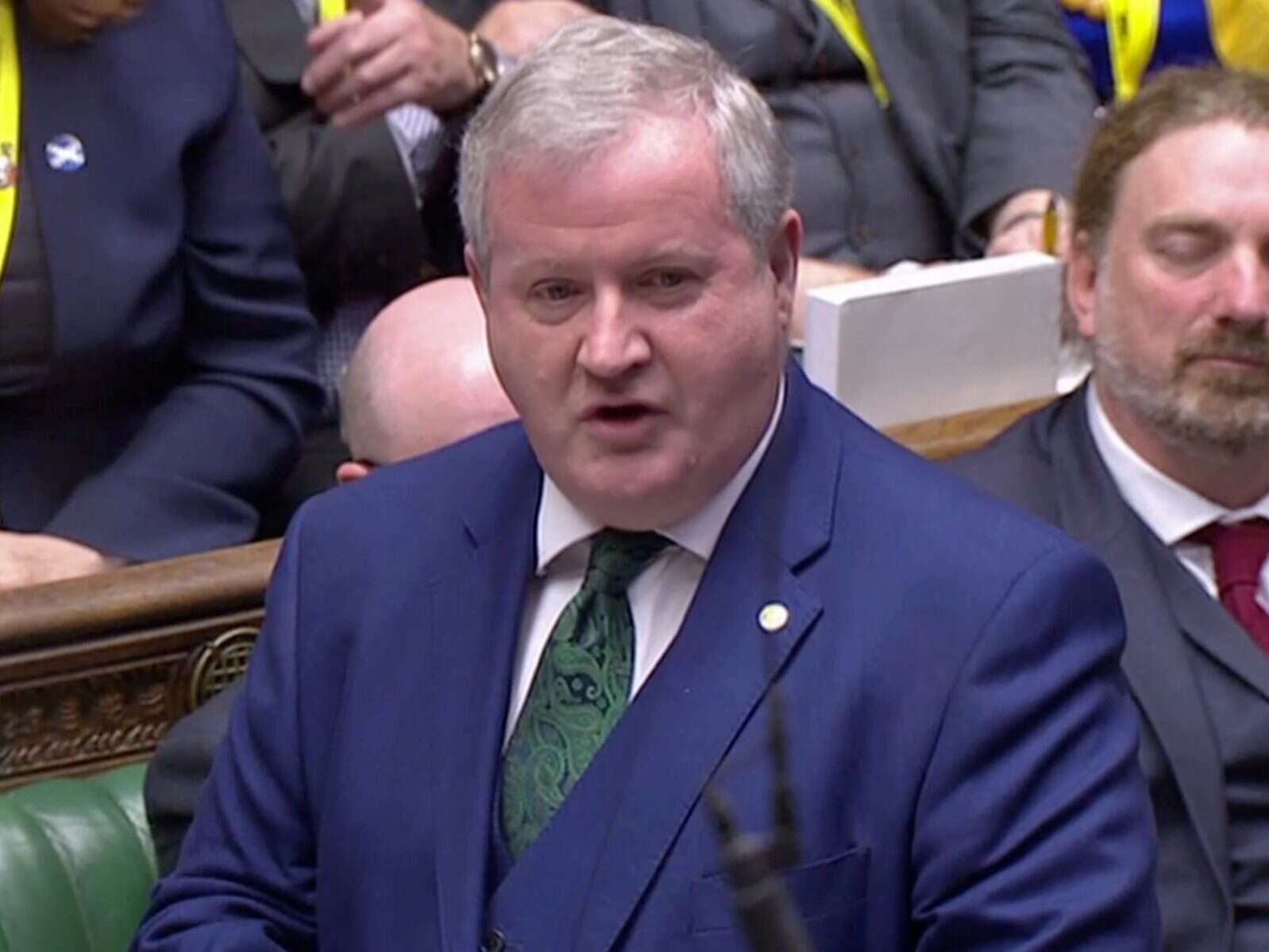
The SNP’s House of Commons leader has written to the BBC complaining that his party was “systematically omitted” from stories during the election campaign.
Ian Blackford said his party “often had to challenge” the BBC over the level of coverage it was receiving during the build-up to polling day on 12 December.
“Sometimes they responded to us but on other occasions nobody wanted to take responsibility,” he wrote in the Times today.
The MP revealed he has written to BBC director general Tony Hall to complain, saying media monitoring reports have shown the Lib Dems appeared on the News at Six and Ten bulletins for “more items and for considerably longer durations” than the SNP.
This is despite the BBC’s guidelines for covering the general election stating the SNP and Lib Dems “should receive significant levels of coverage, up to and including similar amounts to the two largest parties, depending on the relevance of issues, geographical context, etc”.
Ofcom’s rules for election content state political parties should be given “appropriate levels of coverage” on TV and radio, which broadcasters should decide by looking at their past and current electoral support.
But Blackford questioned the proposed “level pegging” between the two parties, saying it was “curious” as the SNP has been the third largest party at Westminster since 2015 with far more MPs than the Lib Dems.
He wrote: “In spite of these institutional challenges within the BBC, the SNP remains supportive of public service broadcasting. Our 47 MPs will defend the licence fee and continue the fight for the restoration of the free TV licence for over-75s.
“The BBC’s very existence is under threat. The Tories are threatening to abolish the licence fee. To survive, the BBC must up its game and meet the complex needs of its audience.”
A BBC spokesperson said: “Our aim throughout the election was to be on the side of the audience who came to us in their millions and we delivered our most ambitious coverage whilst ensuring it was fair and proportionate over the course of the campaign.
“Among multiple appearances on BBC News, we were the only broadcaster to offer the SNP to take part in a Question Time style debate alongside the Conservatives, Labour and the Liberal Democrats.
“Nicola Sturgeon was also interviewed by Andrew Neil, on BBC Breakfast and took questions from callers on BBC Radio 5 Live.”
The SNP teamed up with the Lib Dems for a legal challenge against ITV during the election campaign after the broadcaster planned a head-to-head debate between Boris Johnson and Jeremy Corbyn, excluding SNP leader Nicola Sturgeon and the Lib Dems’ Jo Swinson.
The parties lost at the High Court and a similar BBC debate was later held.
The BBC repeatedly faced criticism throughout the election campaign, including over its failure to secure an interview with Johnson for Andrew Neil, despite the stalwart broadcaster having interviewed every other major party leader in the UK.
The BBC was also forced to admit its mistakes in using archive footage of Johnson laying a wreath on Remembrance Day at the Cenotaph, which elicited 2,000 complaints, and editing out laughter directed at Johnson in a clip of a Question Time leaders’ special used in a news bulletin.
Picture: Parliament TV via Reuters
Email pged@pressgazette.co.uk to point out mistakes, provide story tips or send in a letter for publication on our "Letters Page" blog
